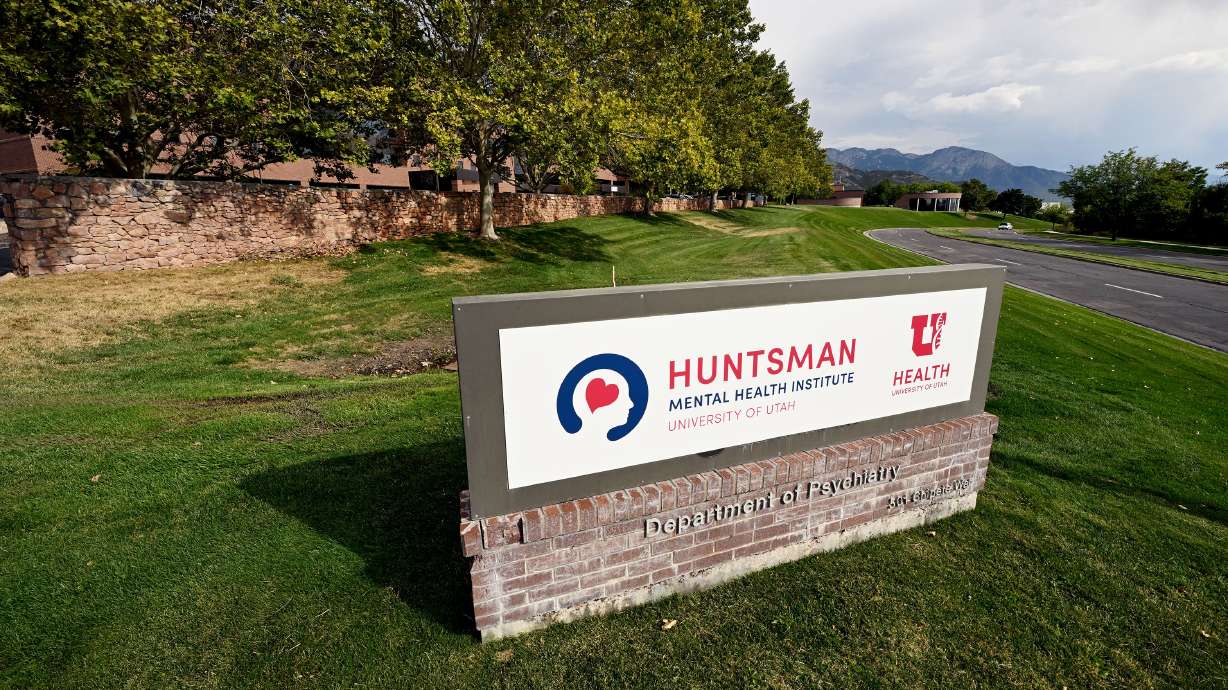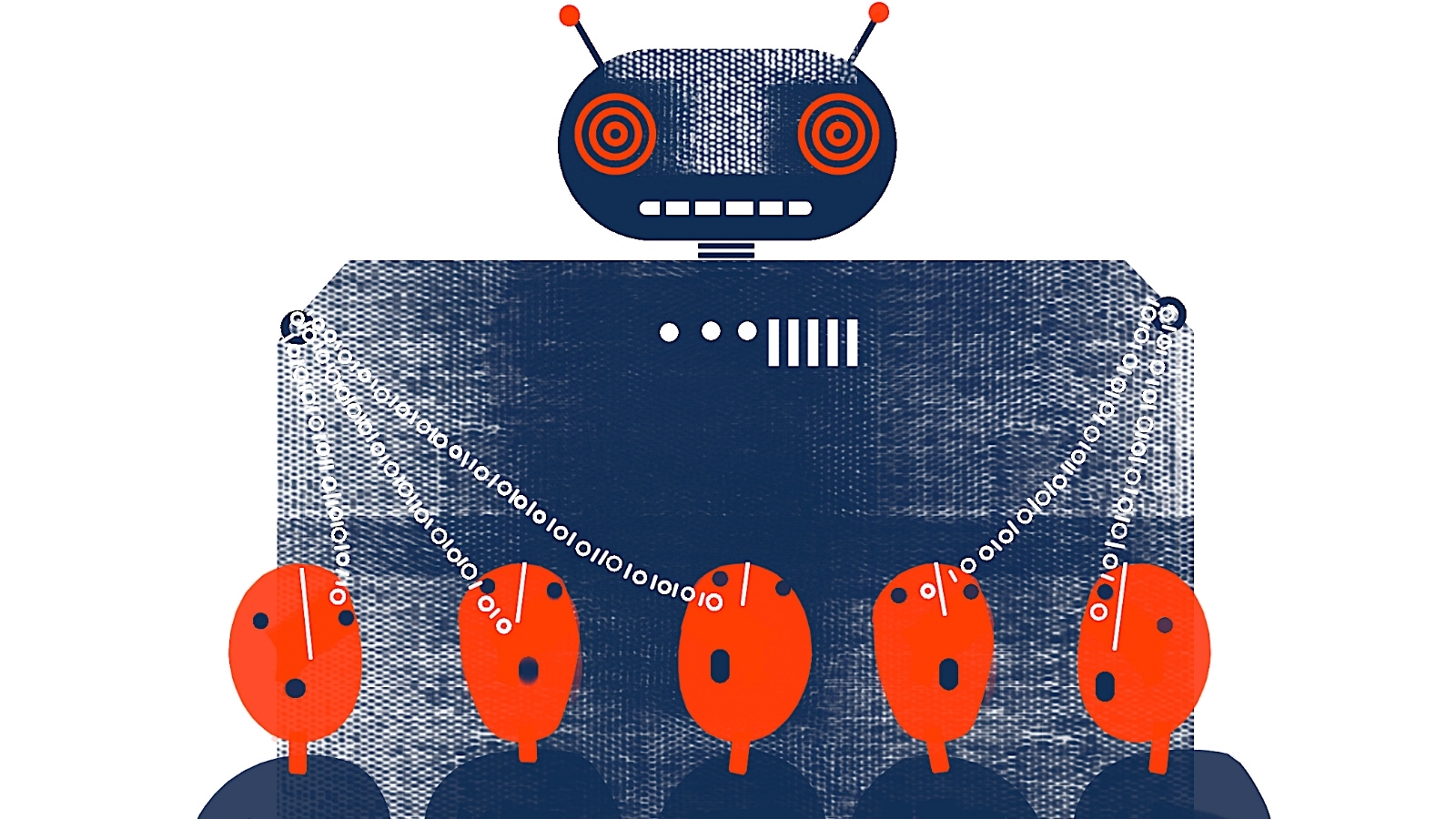
Educators across various disciplines are turning to artificial intelligence (AI) tools to design more effective and engaging case studies that align with course objectives and improve student outcomes. By leveraging AI-generated input prompts, instructors can develop tailored scenarios that challenge students to apply theoretical knowledge in practical, real-world contexts.
Case studies have long been a staple in education, particularly in fields such as business, law, engineering, and healthcare. They help students develop critical thinking, problem-solving, and decision-making skills. However, creating high-quality, relevant case studies can be time-consuming. AI technology now offers an efficient alternative by generating diverse and complex prompts based on educators’ specific requirements, such as learning outcomes, subject matter, or student skill levels.
For example, an instructor in a public health course may use an AI prompt like: “Generate a case study describing a community outbreak of a novel respiratory virus. Include details such as demographic information, local government response, and health communication strategies. Students should identify weaknesses in the response and propose alternatives based on best practices.” Using this prompt, the AI can instantly create a detailed case study that facilitates discussion and critical analysis.
Another example might involve a business school professor asking an AI to create a scenario involving ethical dilemmas in corporate governance. The AI can generate complex cases where students must evaluate actions and consequences using ethical frameworks taught in class, providing a rich basis for classroom dialogue or written analysis.
Benefits of using AI in this context include time savings for educators, customization to specific curriculum goals, inclusivity by reflecting varied cultural or socioeconomic backgrounds, and adaptability for different levels of student understanding. Moreover, AI-generated content can be updated quickly to reflect current events, making them more relevant to today’s learners.
Despite the advantages, educators are advised to critically evaluate AI-generated materials to ensure factual accuracy and appropriateness. AI should be viewed as a supportive tool rather than a replacement for expert judgment and pedagogical insight.
The application of AI-generated prompts for case study development represents an innovative approach to teaching. As technology continues to evolve, its role in shaping dynamic, responsive educational experiences is likely to grow—offering educators new pathways to inspire and educate their students effectively.
Source: https:// – Courtesy of the original publisher.








